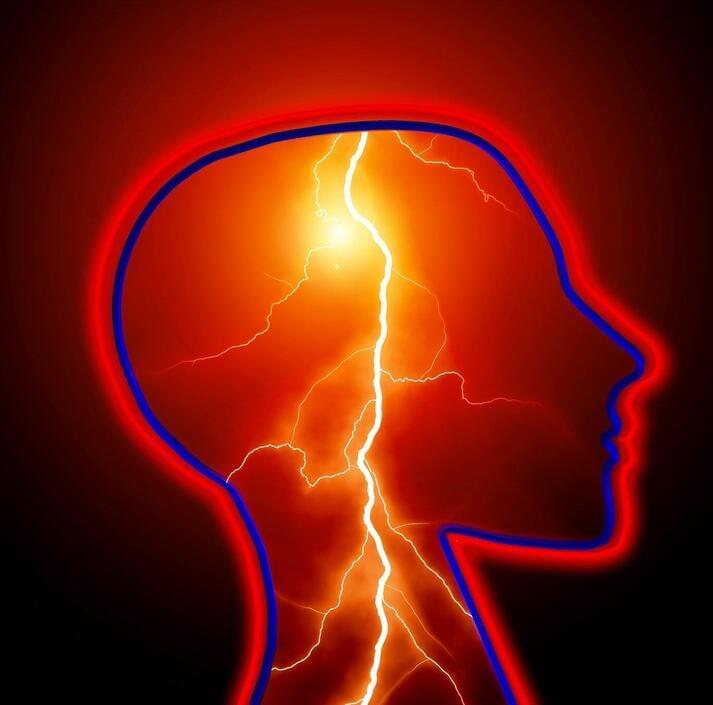THIS IS HUGE!! New study suggests that aging could be preventable, delayable and even reversible! A recent study published in Engineering proposes a new theory called pro aging metabolic reprogramming (PAMRP)
Aging is a complex process that has long puzzled scientists. A recent study published in Engineering proposes a new theory called pro-aging metabolic reprogramming (PAMRP), which could change our understanding of aging.
The traditional debate on aging has centered around whether it is a programmed process or a result of stochastic events. The PAMRP theory combines these two perspectives. It suggests that aging is driven by degenerative metabolic reprogramming over time. This involves both the buildup of pro-aging substrates (PASs) through metabolic changes and the emergence of pro-aging triggers (PATs). The combination of PASs and PATs leads to metabolic reprogramming, which in turn causes cellular and genetic reprogramming, ultimately resulting in the aging process.
Metabolism plays a crucial role in the PAMRP theory. As organisms age, there are significant changes in metabolic pathways, such as shifts in energy production and nutrient utilization. These changes initially serve as an adaptive mechanism but can become maladaptive over time, contributing to aging. The theory also distinguishes between different types of metabolic reprogramming, such as adaptive and adverse, and between regenerative and degenerative processes.








